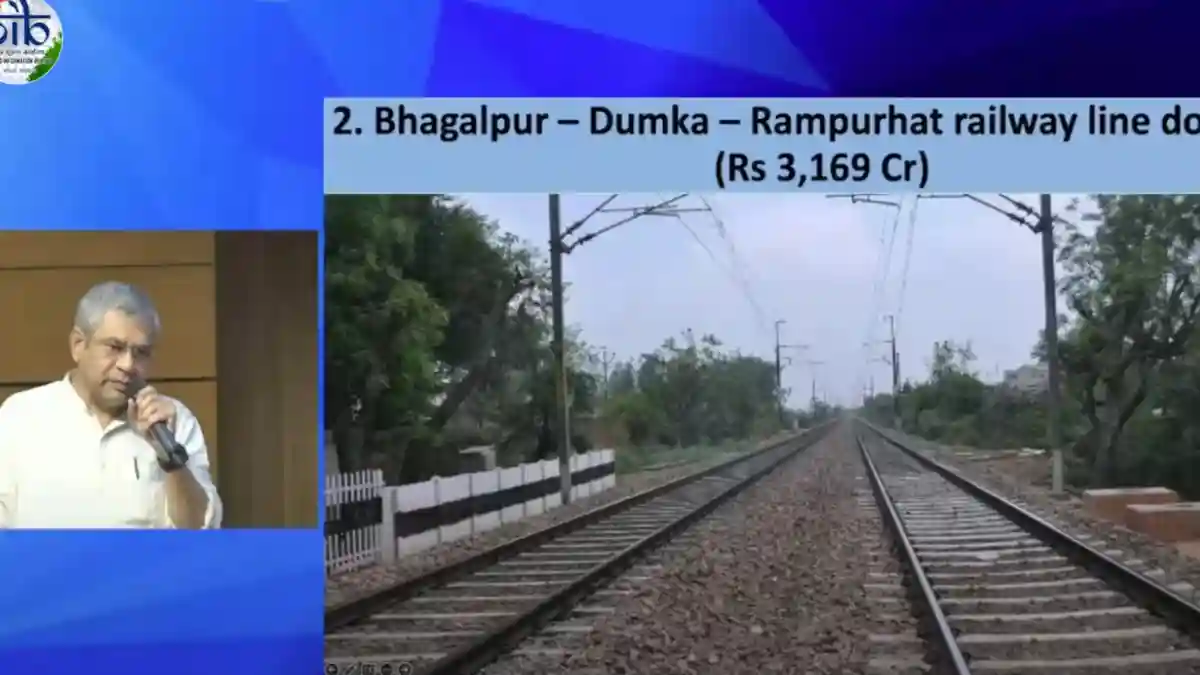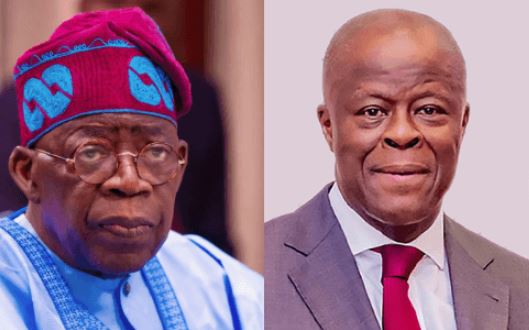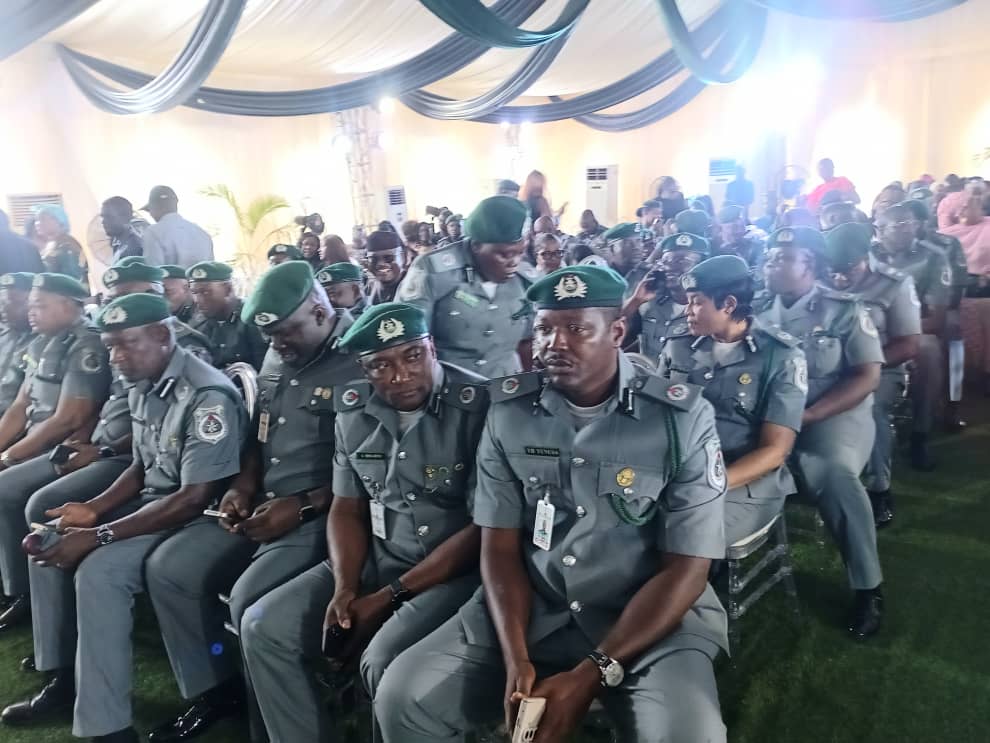By Stabroek News
Copyright stabroeknews

Dear Editor,
In Guyana, where the democratic ethos is enshrined in our Constitution as the cornerstone of governance, the Guyana Elections Commission (GECOM) stands as the guardian of electoral probity. Tasked with the solemn duty to orchestrate free, fair, and credible elections, GECOM has regrettably devolved into a quagmire of perennial controversy, systemic inefficiency, and profound erosion of public confidence. This is not merely a transient aberration or a confluence of unfortunate circumstances; it is a stark indictment of an institution structurally ill-equipped to fulfill its constitutional imperative. As we navigate the turbulent waters of our nation’s political landscape, we must confront this unyielding truth: GECOM, in its present incarnation, put at risk the very foundations of our democratic order.
The records of Guyana’s recent history bear witness to a disheartening litany of electoral debacles. Over the past two decades, and with escalating acuity in the electoral cycles of the 21st century, we have endured a relentless cycle of mismanagement, acrimonious partisan strife within the Commission’s ranks, and an abject failure to engender national faith in the sanctity of the ballot. Each convocation of the electorate, be it general elections or regional polls, invariably spirals into protracted legal skirmishes, vociferous public demonstrations, and a deepening chasm of societal polarisation. This is not the vibrant interplay of democratic forces; it is the sorry spectacle of a polity in decay, where the will of the people is subordinated to the machinations of entrenched interests.
At the epicenter of this malaise lies the inherently flawed political architecture of GECOM. The prevailing paradigm, which entrenches a preponderance of commissioners beholden to their nominating political entities, has proven not only ineffectual but antithetical to the principles of impartial adjudication. This model cultivates an environment rife with factional loyalties, where partisan agendas inexorably supplant the Commission’s overarching obligation to serve the Guyanese populace. Instead of functioning as an apolitical arbiter of electoral justice, GECOM has metamorphosed into a partisan arena, bereft of autonomous resolve, plagued by operational inconsistencies, and recurrently complicit in the subversion of democratic integrity. The Commission’s decisions, often mired in ideological gridlock, reflect not the collective wisdom of the nation but the narrow calculus of political expediency.
Compounding this structural infirmity is a deficit in institutional accountability. Despite voluminous audits, incisive recommendations from oversight bodies, and binding judicial pronouncements, GECOM persists in its archaic modus operandi, impervious to reformative imperatives. Outmoded technological infrastructures persist, opaque procedural labyrinths confound transparency, and communication with the electorate remains woefully inadequate. These entrenched deficiencies have fomented widespread disillusionment, particularly among the burgeoning cohort of youthful voters and neophyte participants in the democratic fray. In an era where digital literacy and civic engagement are ascendant, such obsolescence alienates the very demographics poised to shape Guyana’s future, exacerbating a democratic deficit that threatens intergenerational equity.
It is, therefore, an unequivocal national exigency that we embark upon a comprehensive reformation of GECOM. The exigency demands not piecemeal palliatives but a radical reconfiguration of our electoral governance paradigm. One that enshrines the tenets of integrity, transparency, equity, and unassailable public trust. As the UN Human Rights Committee astutely observed in its General Comment No. 25 (1996), “An independent electoral authority should be established to supervise the electoral process and to ensure that it is conducted fairly, impartially and in accordance with established laws which are compatible with the Covenant.” This sage counsel from an internationally recognised body of jurists underscores the global consensus on the indispensability of depoliticised electoral oversight; a principle Guyana must heed with alacrity.
Envisioning this revitalised model necessitates a multifaceted blueprint. Foremost, the depoliticisation of the Commission is paramount: Commissioner selections must pivot from partisan fealty to meritocratic criteria, emphasising expertise, ethical fortitude, and unyielding independence. A rigorous vetting process, perhaps overseen by a bipartisan parliamentary committee augmented by civil society representatives, could ensure that appointees are insulated from political patronage, thereby fortifying the Commission’s credibility as a neutral custodian of democracy.
Concomitantly, institutional transparency must be elevated to an inviolable standard. Every facet of the electoral continuum (from voter registration and verification to ballot tabulation and result proclamation) ought to be subjected to rigorous public scrutiny. Mandating real-time data dissemination, live-streamed proceedings where feasible, and mandatory disclosures of operational protocols would demystify the process, fostering an informed citizenry capable of holding the Commission accountable. Such openness would not only deter malfeasance but also cultivate a culture of civic vigilance, essential for sustaining democratic vitality.
Technological modernisation emerges as another critical pillar. In an age dominated by digital innovation, Guyana cannot afford to lag behind. Strategic investments in blockchain-secured voting systems, biometric verification mechanisms, and AI-driven fraud detection tools would mitigate human error, curtail avenues for electoral impropriety, and expedite the electoral timeline. These advancements, coupled with robust cybersecurity protocols, would align GECOM with international best practices, ensuring efficiency without compromising security.
And, underpinning these reforms must be a bold legislative and constitutional overhaul. Parliament, as the embodiment of the people’s sovereignty, is duty-bound to revisit the foundational framework governing GECOM. This entails delineating the Chairperson’s prerogatives with crystalline clarity, standardising procedural norms to preclude ambiguity, and instituting mechanisms that render the Commission directly accountable to the electorate rather than to fleeting partisan coalitions. Amendments to Article 226 of the Constitution could, for instance, mandate periodic performance audits and empower judicial review of Commission decisions, thereby reinforcing the rule of law.
Finally, independent oversight must be institutionalised through a non-partisan consortium comprising civic organisations, eminent legal scholars, and international electoral observers. This body would serve as a sentinel, monitoring compliance with democratic norms, adjudicating disputes with impartiality, and providing advisory guidance to preempt crises. Such multilayered safeguards would insulate GECOM from undue influence, ensuring that electoral processes reflect the untrammeled expression of popular will.
We must place great store on this truth: credible elections constitute the bedrock of a resilient democracy. Absent their sanctity, governmental legitimacy crumbles, institutional trust evaporates, and the fabric of national cohesion frays irreparably. We owe an indelible debt to every Guyanese – from the hinterlands to the urban centers, from elders to the youth- to forge an electoral apparatus that transcends partisan divides and serves the collective aspiration for progress.
The specter of interminable electoral disputes, protracted result announcements, and a Commission bereft of cross-spectrum respect must be consigned to history. Reforming GECOM is not a partisan gambit; it is a patriotic mandate, a clarion call for national renewal. The hour for decisive action has dawned – we must seize it with resolve, lest we forfeit the promise of our democracy to the shadows of inertia.
Roysdale Forde S.C.



